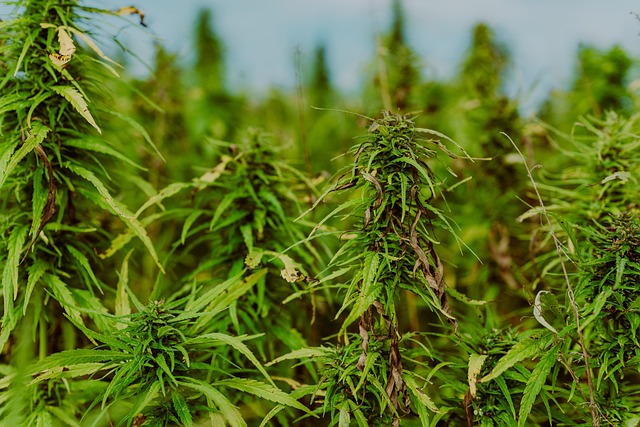2023 has seen a surge of interest in THCA (tetrahydrocannabinolic acid), a non-psychoactive precursor to THC, due to its potential therapeutic benefits like anti-inflammatory, neuroprotective, and analgesic properties. In Minnesota, THCA is legally distinct from THC, with hemp-derived THCA being federally legal under the 2018 Farm Bill and thus permissible for all adults in the state. Marijuana-derived THCA falls under state medical cannabis laws. Minnesota's industrial hemp program facilitates the cultivation of high-quality THCA flowers, with growers adopting sustainable practices to ensure product integrity and potency. Consumers have various safe consumption methods available, including culinary, infusion, topical use, or vaporization. Proper storage is crucial for maintaining THCA's efficacy. As the legal status of cannabis products evolves, Minnesota residents are encouraged to stay informed on regulatory changes to ensure compliance with state laws. This year, Minnesota has positioned itself as a significant player in the production of high-quality THCA flowers, making it a key location for those seeking the benefits of this cannabinoid legally.
delta-9-tetrahydrocannabinolic acid (THCA) has garnered attention within the cannabis community for its unique properties and potential health benefits. As a non-psychoactive precursor to the well-known THC, THCA flower holds significant interest for researchers and consumers alike. This article delves into the intricacies of THCA, exploring its composition, effects, and the legal status of THCA flower in Minnesota. We will navigate the cultivation practices that yield high-quality THCA flowers, their medical benefits, and therapeutic uses, all within the framework of Minnesota’s evolving legal landscape for cannabis products.
Understanding THCA: The Natural Precursor to THC
THCA Flower: A Closer Look at Its Composition and Effects
The Legal Landscape of THCA in Minnesota: What You Need to Know
Cultivation Practices for High-Quality THCA Flowers in Minnesota
Medical Benefits and Therapeutic Uses of THCA Flower
Consumption Methods and Best Practices for THCA Flowers in Minnesota
- Understanding THCA: The Natural Precursor to THC
- THCA Flower: A Closer Look at Its Composition and Effects
- The Legal Landscape of THCA in Minnesota: What You Need to Know
- Cultivation Practices for High-Quality THCA Flowers in Minnesota
- Medical Benefits and Therapeutic Uses of THCA Flower
- Consumption Methods and Best Practices for THCA Flowers in Minnesota
Understanding THCA: The Natural Precursor to THC
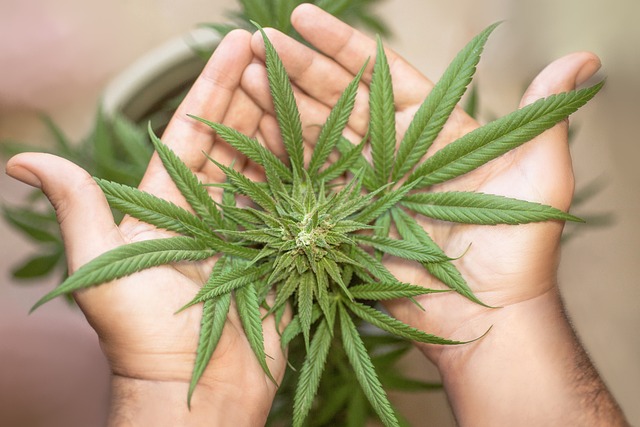
THCA, or tetrahydrocannabinolic acid, is a natural precursor to THC, the psychoactive compound found in cannabis that is well-known for its intoxicating effects. As research continues to uncover the intricacies of the cannabinoid family, THCA has garnered attention for its potential therapeutic benefits and distinct effects compared to its decarboxylated form, THC. This interest has led to a surge in the cultivation and processing of raw cannabis flowers, which are abundant in THCA. In Minnesota, the legal landscape regarding cannabinoids is evolving; as of my knowledge cutoff in 2023, THCA is legally distinct from THC. Minnesota’s laws allow for the sale and possession of raw cannabis flowers containing up to 5% THC by dry weight, provided they are labeled correctly and sold for industrial uses rather than recreational consumption. This legal distinction opens a door for consumers in Minnesota to experiment with and benefit from THCA’s potential wellness properties without the psychoactive effects associated with higher concentrations of THC.
The therapeutic potential of THCA is supported by anecdotal and emerging scientific evidence suggesting it may have anti-inflammatory, neuroprotective, and analgesic properties. Unlike THC, which can cause anxiety or paranoia in some users, preliminary studies indicate that THCA might offer similar benefits without the psychoactive side effects. As a result, individuals seeking the medicinal qualities of cannabis without the high are increasingly turning to THCA-rich products. In Minnesota’s regulated market, consumers have access to these products legally, offering a safe and compliant avenue for exploring the benefits of this non-psychoactive cannabinoid. The state’s regulatory framework ensures that consumers can confidently utilize THCA products as part of their wellness routines, with a clear understanding of its legal status and potential effects.
THCA Flower: A Closer Look at Its Composition and Effects
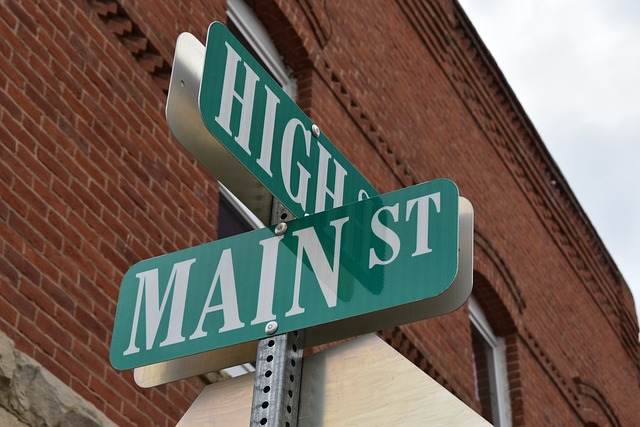
Delta-9 tetrahydrocannabinolic acid (THCA) is the non-psychoactive precursor to the well-known psychoactive cannabinoid, delta-9 THC. Found abundantly in raw cannabis flowers, THCA has garnered attention for its potential therapeutic properties and is legal in various forms in Minnesota, where it is categorized under the state’s industrial hemp program. The composition of THCA flower includes a host of other cannabinoids, terpenes, and flavonoids that contribute to its unique effects. When consumed in its raw form, THCA interacts with the body’s endocannabinoid system without the psychoactive effects typically associated with its decarboxylated counterpart. This interaction is believed to offer a range of benefits, including anti-inflammatory, analgesic, and potential neuroprotective effects, making it an object of interest for researchers and consumers alike.
In Minnesota, where the cultivation, possession, and use of THCA-rich hemp products are regulated under state law, enthusiasts and patients explore its therapeutic potential. The effects of THCA flower are diverse and can include a sense of relaxation without sedation, uplifted mood, and a reduction in inflammation and pain sensation. Users report that it can be particularly effective for managing conditions like arthritis, anxiety, and various neurological disorders due to its non-psychoactive nature. As research continues to evolve, the understanding of THCA’s efficacy and its role in the human body becomes more nuanced, offering a promising outlook on its potential within the wellness and medical communities.
The Legal Landscape of THCA in Minnesota: What You Need to Know
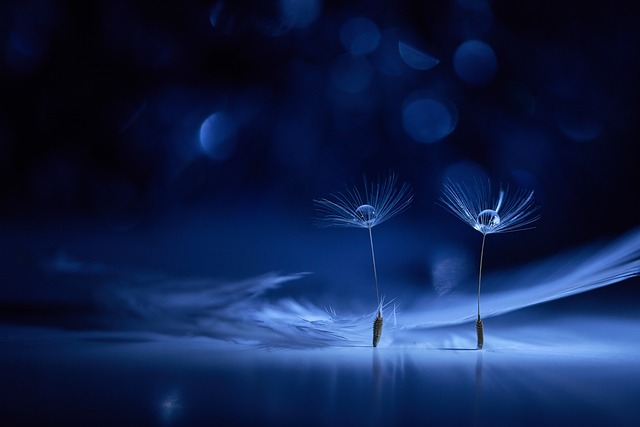
In Minnesota, the legality of tetrahydrocannabinolic acid (THCA) has been a topic of interest and evolution. As of the latest updates, THCA, which is the non-psychoactive precursor to THC found in raw cannabis plants, falls within a gray area of state law. While Minnesota has legalized cannabis for medical use, THCA’s status as a non-intoxicating compound means it doesn’t fit neatly into the categorizations set forth by existing legislation. It’s crucial for consumers and businesses operating within the state to stay informed about legislative changes, as interpretations of the law can shift, potentially affecting the sale, possession, and use of THCA products. The Minnesota Department of Health provides guidelines for medical cannabis, but these often focus on THC and CBD rather than THCA. Therefore, individuals looking to engage with THCA in Minnesota should pay close attention to both state and local regulations, as well as any updates from the Minnesota Department of Health or legislative changes that may clarify or alter its legal standing. It’s also worth noting the distinction between hemp-derived and cannabis-derived THCA, as federal and state laws treat these differently under the 2018 Farm Bill, which legalized hemp derivatives, including CBD and THCA, provided they contain less than 0.3% THC. Navigating this complex landscape requires vigilance and a commitment to staying current with the latest legal developments in Minnesota’s cannabis policy.
Cultivation Practices for High-Quality THCA Flowers in Minnesota
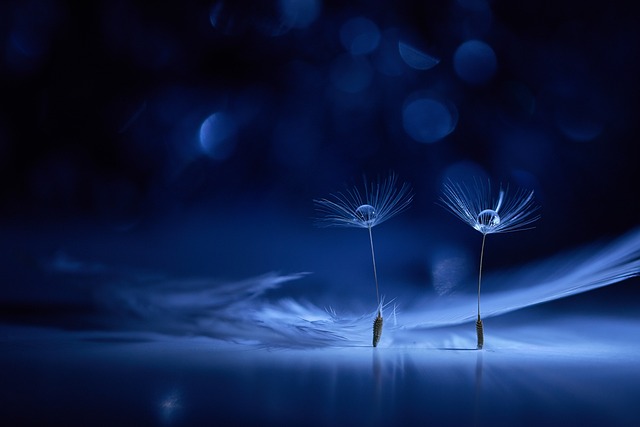
In Minnesota, where THC-A (tetrahydrocannabinolic acid) flowers have been legally cultivated since the state’s industrial hemp program was established in 2015, cultivators have honed practices to produce high-quality THCA flowers. The legalization of hemp with less than 0.3% THC has paved the way for farmers and specialized growers to focus on strains rich in THCA, the non-psychoactive precursor to THC. To ensure the highest yield of potent THCA flowers, Minnesota’s cultivators employ a variety of techniques. These include selecting optimal strains that thrive in the state’s climate, implementing soil health practices to enhance terpene profiles, and utilizing sustainable growing methods that conserve water without compromising on potency.
The success of THCA flower production in Minnesota is also attributed to the state’s strict adherence to regulatory frameworks that monitor cultivation for quality and safety. Growers meticulously manage the light cycles to preserve THCA levels, as heat and prolonged light exposure can convert THCA into psychoactive THC. Additionally, they carefully control the humidity and temperature within their grow facilities to prevent mold and maintain the integrity of the flowers. These cultivation practices, coupled with the state’s commitment to research and development in hemp genetics, ensure that Minnesota remains a leading producer of high-quality THCA flowers, catering to both wellness enthusiasts and those seeking the benefits associated with this non-psychoactive cannabinoid.
Medical Benefits and Therapeutic Uses of THCA Flower
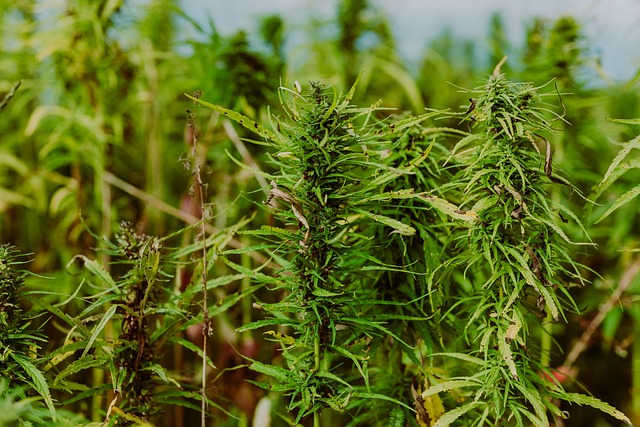
delta-9-tetrahydrocannabinolic acid (THCA) is a non-psychoactive cannabinoid found in the Cannabis sativa plant, which, when heated or decarboxylated, converts into the well-known psychoactive compound THC. Despite its association with psychoactive effects, THCA itself has garnered attention for its potential medical benefits and therapeutic uses. Preliminary research suggests that THCA may offer a range of health advantages, including anti-inflammatory, neuroprotective, and analgesic properties, making it a subject of interest in the medical community. In Minnesota, where the legal landscape regarding cannabis has evolved to include certain therapeutic uses, THCA flower has emerged as an area of focus for both patients and researchers. The legality of THCA flower in Minnesota hinges on the source of the plant; hemp-derived THCA is federally legal under the 2018 Farm Bill and is legal in Minnesota for all adults, while marijuana-derived THCA remains subject to state regulations that permit its use for medical purposes. As a result, patients in Minnesota with qualifying conditions have access to THCA flower as part of their treatment regimen, often using it for its anti-inflammatory and pain-relieving effects, which can be particularly beneficial for chronic pain management and other health concerns without the psychoactive impact associated with THC. Clinical trials and studies continue to explore the therapeutic potential of THCA flower, offering hope for its inclusion in mainstream medicine for a variety of conditions.
Consumption Methods and Best Practices for THCA Flowers in Minnesota
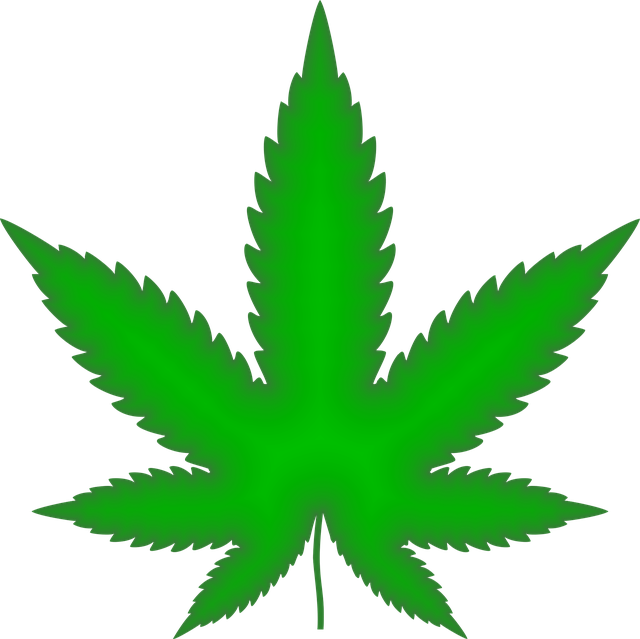
THCA-rich flowers have gained popularity among consumers seeking the potential wellness benefits of cannabinoids before their psychoactive effects are activated through heating, such as in smoking or vaporizing. In Minnesota, where the consumption of THCA flowers is legal under state law, understanding the best practices for their use is essential for a safe and enjoyable experience. Consumers have several options for THCA flower consumption, including culinary uses, infusions, and topical applications, which can harness the therapeutic properties of THCA without the high associated with its decarboxylated form, THC.
For those who opt to consume THCA flowers through inhalation, it’s crucial to use a vaporizer designed for herbal material, as this method allows for precise temperature control, preserving the integrity of the THCA and minimizing any potential harm from combustion. Vaporization also provides a faster onset of effects compared to edibles or topicals. Additionally, proper storage of THCA flowers is vital to maintain their potency; they should be kept in a cool, dry, and dark place to prevent degradation. Minnesota consumers are encouraged to stay informed about the evolving legal landscape surrounding cannabis products, including THCA flowers, to ensure compliance with both state and federal regulations. Adhering to these best practices will not only enhance the experience of using THCA flowers but also contribute to a responsible and health-conscious approach to cannabinoid consumption in Minnesota.
THCA, the non-psychoactive precursor to THC, has garnered significant attention within the cannabis community, particularly in Minnesota where its legal status and cultivation have been a topic of interest. This article has delved into the multifaceted aspects of THCA flower, from its composition and effects to the nuances of its legal standing and cultivation practices in Minnesota. The exploration of THCA’s medical benefits and therapeutic uses further illuminates its potential as a valuable addition to wellness regimens. As regulations continue to evolve, consumers and enthusiasts alike can look forward to responsibly enjoying THCA flowers with informed best practices for consumption. With the ongoing research into its properties, THCA’s role in the world of cannabis is poised to expand, offering a new horizon in wellness and health.
